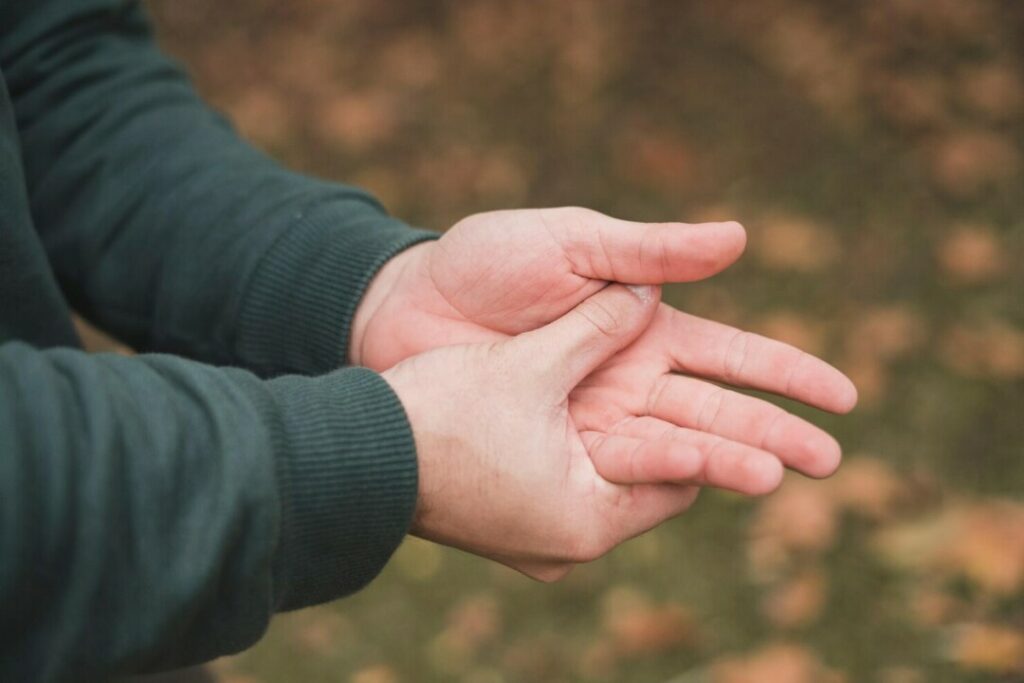Discover key information about psoriasis, a chronic skin condition affecting millions of people worldwide. This comprehensive article explores the causes, symptoms, treatment options, and lifestyle tips to manage psoriasis effectively.

What is Psoriasis?
Psoriasis is a prevalent skin condition that affects millions of people worldwide. It is a chronic autoimmune disorder that causes the rapid buildup of skin cells, leading to red, scaly patches on various parts of the body. While psoriasis is not contagious, it can significantly impact an individual’s physical and emotional well-being. In this article, we delve into what you need to know about psoriasis, including its causes, symptoms, treatment options, and lifestyle tips to manage the condition effectively.
Understanding Psoriasis: Causes, Types, and Symptoms
Psoriasis, often considered a hereditary condition, occurs when the immune system mistakenly attacks healthy skin cells. This abnormal immune response leads to the accelerated growth of skin cells, resulting in the characteristic red, scaly patches. There are several types of psoriasis, including plaque psoriasis, guttate psoriasis, inverse psoriasis, pustular psoriasis, and erythrodermic psoriasis. Each type presents with distinct symptoms and affects different areas of the body.
Causes of Psoriasis
Now, you might wonder, “What triggers this skin rebellion?” Well, several factors can contribute to the development of psoriasis, including:
1. Genetic
Psoriasis has a hereditary component, meaning if someone in your family has it, you’re more likely to develop it too. It’s like passing on a stubborn trait!
2. Immune system
Your immune system plays a crucial role in psoriasis. Certain immune cells called T cells become overactive, producing inflammatory chemicals that cause the skin to go bonkers.
3. Environmental Triggers
Some external factors, such as stress, infections, cold weather, or certain medications, can act as catalysts, exacerbating psoriasis symptoms. It’s like a pot of boiling water spilling over!
Common Symptoms of Psoriasis
1. red and inflamed skin
Psoriasis often appears as raised, red patches with well-defined edges. It’s like your skin shouting for attention!
2. silvery scales
These patches are covered with silvery scales that may itch or crack. You can think of it as your skin wearing a fancy suit of armor!
3. dryness and itching
Psoriasis can cause severe dryness and itching, making you want to scratch like there’s no tomorrow. But hey, don’t scratch! It only makes things worse.
4. nail changes
In some cases, psoriasis can affect the nails, leading to pitting, discoloration, or separation from the nail bed. It’s like a rebellious nail makeover!
Types of Psoriasis
1. Plaque psoriasis
Plaque psoriasis is the most common form, characterized by raised, reddish patches covered with silver-white scales. These patches often appear on the elbows, knees, scalp, and lower back. The symptoms can range from mild to severe, causing itchiness, pain, and discomfort.
2. guttate psoriasis
Guttate psoriasis typically develops after a bacterial or viral infection, such as strep throat. This type of psoriasis appears as small, dot-like lesions on the trunk, limbs, and scalp. It is more common in children and young adults and often goes into remission on its own.
3. inverse psoriasis
Inverse psoriasis manifests as smooth, red lesions in the folds of the skin, such as the armpits, groin, and under the breasts. Due to its location, inverse psoriasis can be particularly uncomfortable and prone to irritation due to friction and sweating.
4. pustular psoriasis
Pustular psoriasis is characterized by pus-filled blisters on the skin, surrounded by redness. This type can be localized or widespread, affecting small or large areas of the body. Pustular psoriasis can be accompanied by fever, chills, and a general feeling of illness.
5. erythrodermic psoriasis
Erythrodermic psoriasis is a severe and rare form of the condition that can affect the entire body. It causes intense redness, shedding of skin, and can be accompanied by severe itching and pain. Erythrodermic psoriasis requires immediate medical attention as it can disrupt the body’s ability to regulate temperature and fluid balance.
What Triggers Psoriasis?
Psoriasis is a complex condition influenced by both genetic and environmental factors. While the exact causes remain unknown, certain triggers can exacerbate or trigger flare-ups. Understanding these triggers can help individuals manage their condition more effectively. Common triggers include:
- Stress: Emotional or physical stress can worsen psoriasis symptoms.
- Infections: Bacterial or viral infections, such as strep throat, can trigger guttate psoriasis or exacerbate existing symptoms.
- Injury to the skin: Cuts, scrapes, bug bites, or sunburn can cause psoriasis patches to develop on previously unaffected areas.
- Medications: Certain medications, including lithium, antimalarials, and beta-blockers
If you’re interested in more and you’d like to set a meeting with us you Contact us at info@holifit.com.ph and discover how HoliFit can help your business reach its goals. You can also check out our Facebook page, Instagram, LinkedIn, and Youtube Channel for more information about our services.
Don’t miss out on this opportunity. To find out how HoliFit can help your business reach its goals through Webinars – contact us today!


